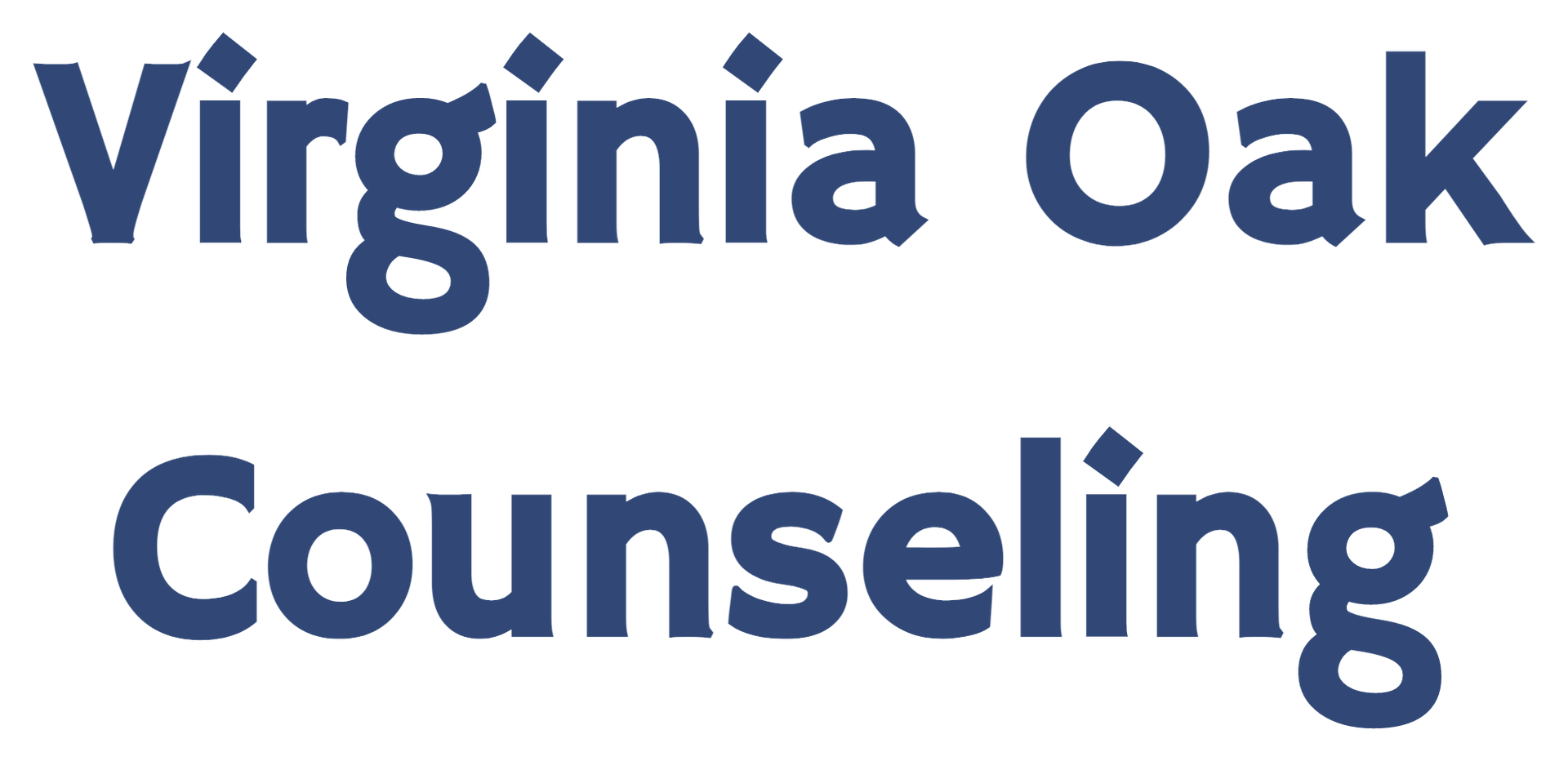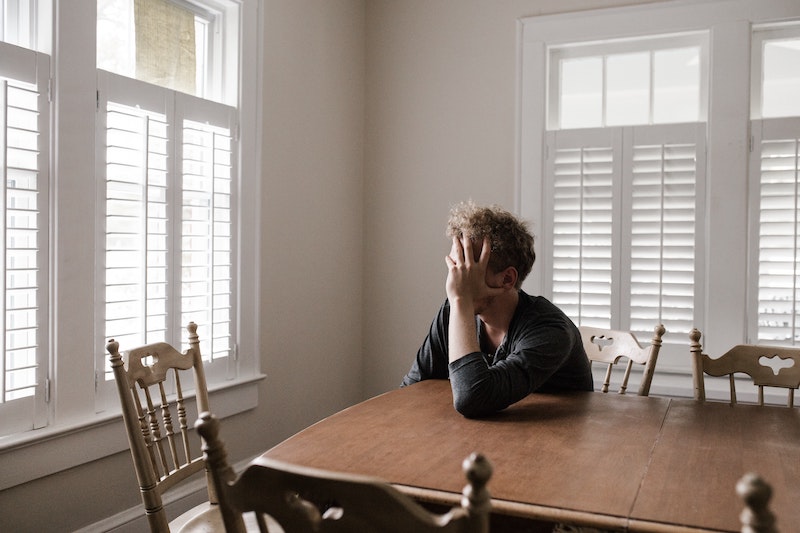
How Spring Cleaning Can Improve Your Mental Health
As spring approaches, you might have the urge to thoroughly clean your home. Known as “spring cleaning,” this ritual commonly involves getting rid of items you no longer need and paying attention to areas that you often miss during regular cleaning sessions (for example, your…




